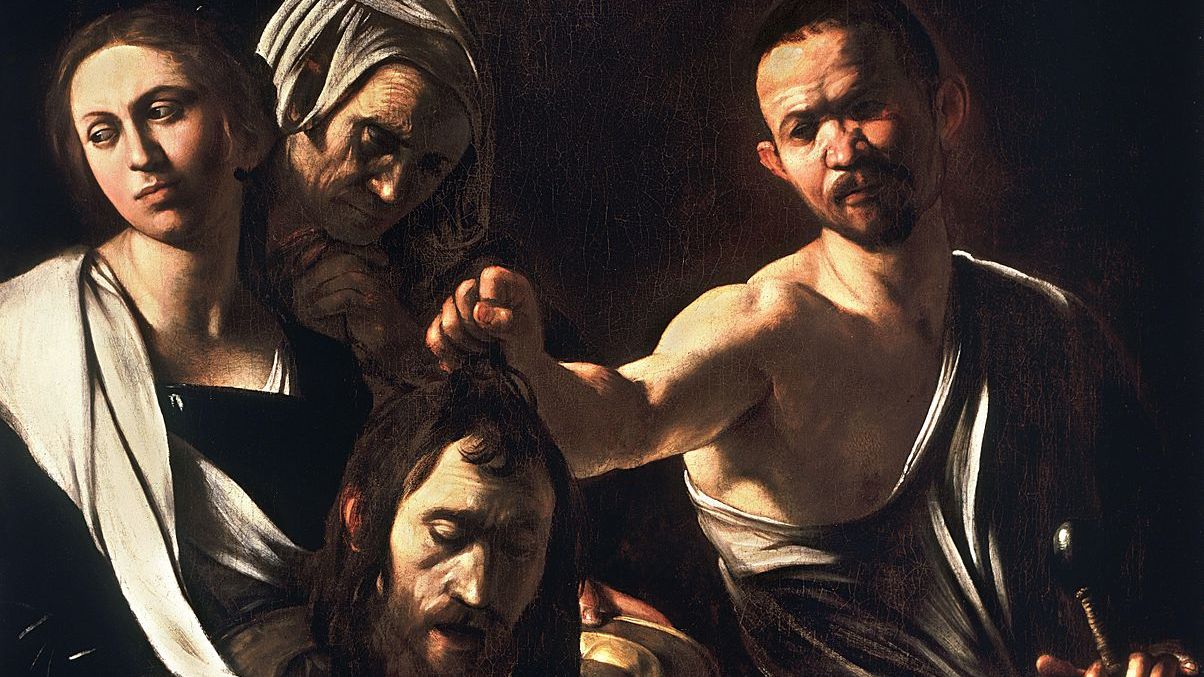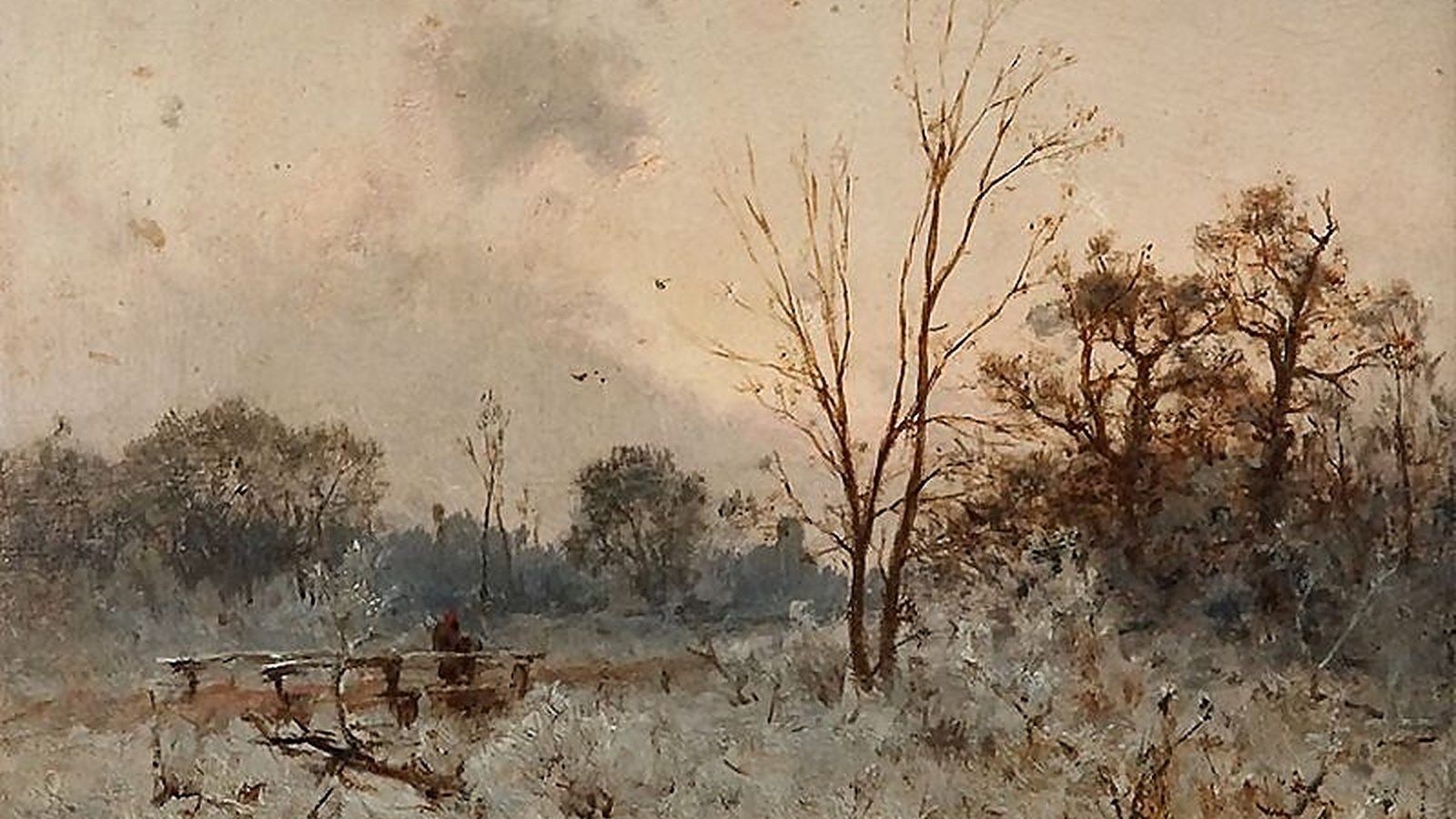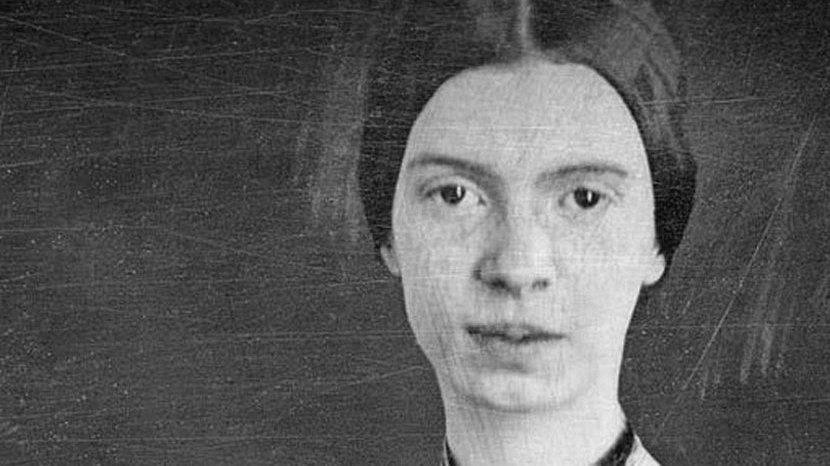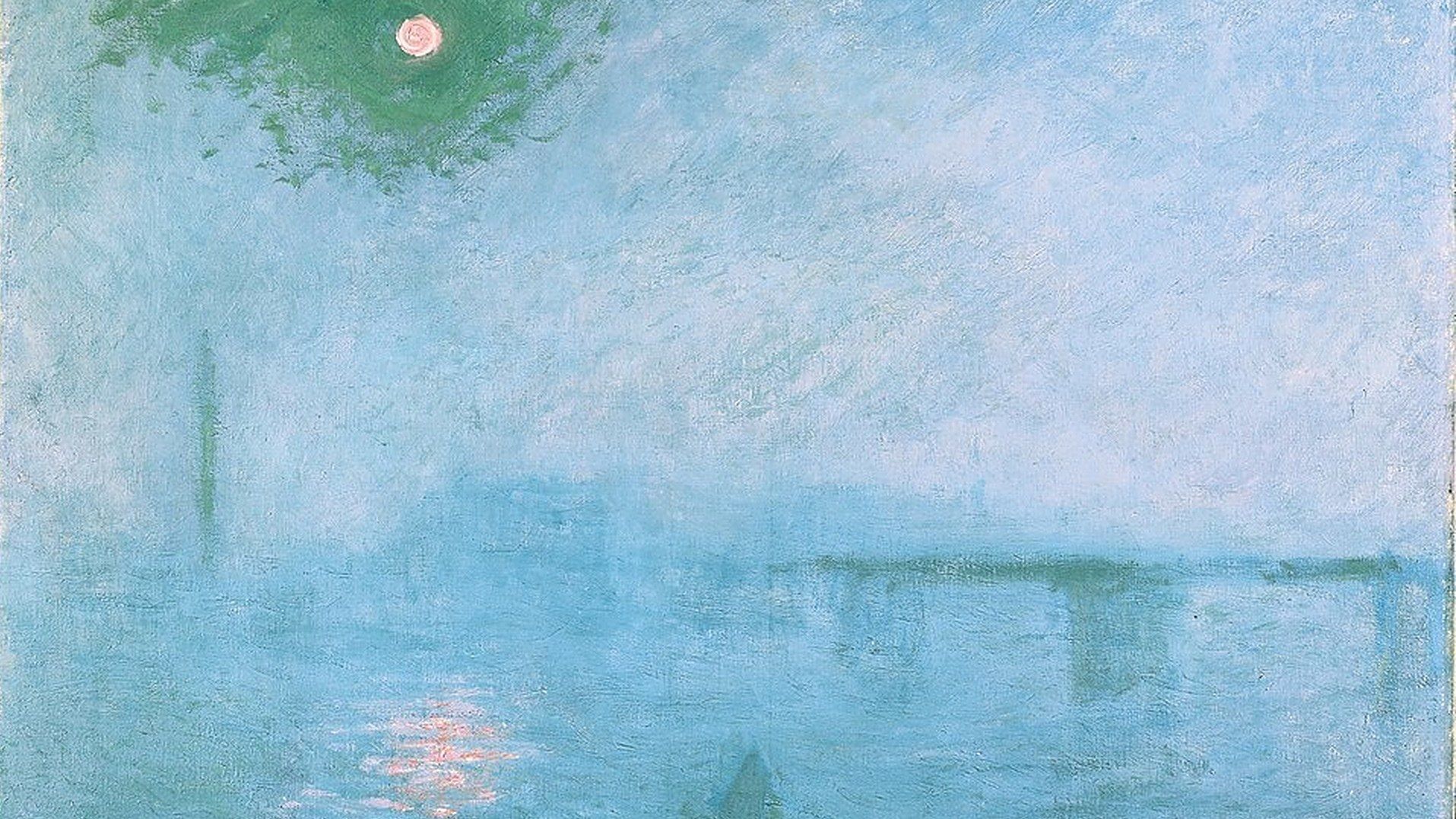La Centifolia’s “Ciaccona!”: Music of Purcell and Pachelbel
Although its origins are murky, the chaconne appears to have originated in South America as a swirling dance which was “wild, fast, cheerful and often sung.” (Leila Schayegh) It was characterized by suggestive movements and mocking texts. (Alexander Silbiger) In the sixteenth century, conquistadors brought the chaconne to Spain. Evolving into a stately Baroque dance in triple meter, it spread quickly throughout Europe, and gained popularity with both aristocrats and the general public. …







